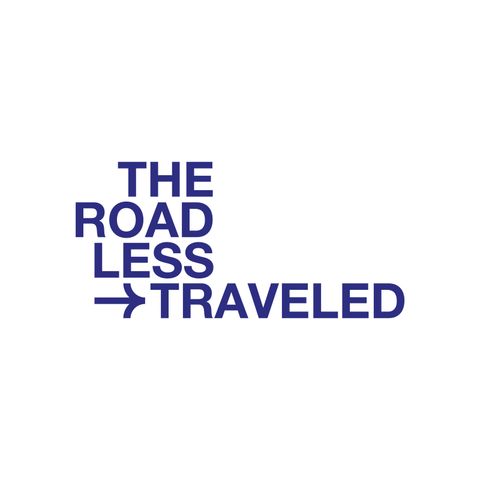
Contacts
Info
The podcast series ‘The Road Less Travelled’ will give you an insight into less usual careers and career paths after a master in human rights. Each podcast is an in-depth...
show moreEach podcast is an in-depth and honest conversation between the host Véronique Lerch and a graduate of a human rights programme who has ‘taken that road less travelled’. The interviews focus on the learnings from those less usual paths and shows all the different ways in which human rights can be applied in our lives, at the personal and professional levels.
https://www.therlt.info/

The podcast series ‘The Road Less Travelled’ will give you an insight into less usual careers and career paths after a master in human rights. Each podcast is an in-depth...
show moreEach podcast is an in-depth and honest conversation between the host Véronique Lerch and a graduate of a human rights programme who has ‘taken that road less travelled’. The interviews focus on the learnings from those less usual paths and shows all the different ways in which human rights can be applied in our lives, at the personal and professional levels.
https://www.therlt.info/
Information
| Author | The Road Less Traveled |
| Organization | Bruá Podcasts |
| Categories | Education , Careers , Non-Profit |
| Website | www.spreaker.com |
| centro.dirittiumani@unipd.it |
Copyright 2024 - Spreaker Inc. an iHeartMedia Company
